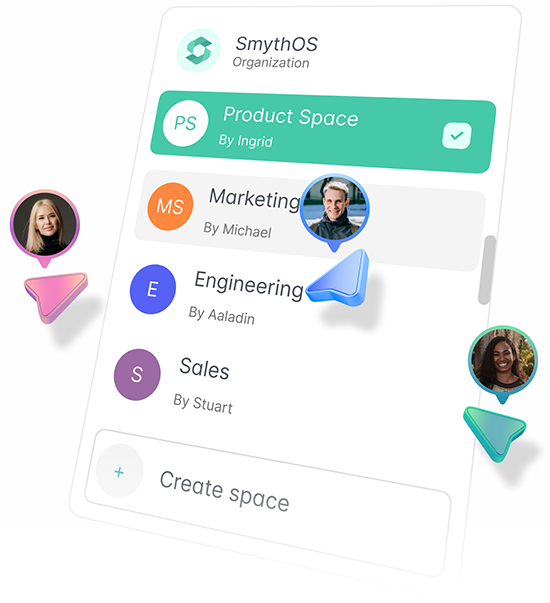Global enterprises prosper on advancement, and engineering is among the most essential force operating their development smythos. Knowledge from new business reports highlights precisely how important the integration of cutting-edge systems is for ensuring corporations stay competitive within an interconnected economy.

The Power of Digital Change
Electronic transformation is reshaping corporations across every industry. A 2023 study from IDC predicted that global paying on electronic transformation initiatives will reach a astonishing $3.4 billion annually by 2026. These results underscore how engineering adoption is no further optional for enterprises but a vital expense for maintained success.
Globally, enterprises employing cloud computing, AI, and huge knowledge analytics have already been shown to reduce functional charges by around 25% while concurrently increasing productivity. As an example, companies leveraging AI-powered offer string management methods report inventory optimization changes which range from 12% to 20%, translating into millions in savings across the board.
Engineering as a Driver of Innovation
Innovative technologies like IoT (Internet of Things) and equipment understanding are transforming industries historically resilient to change. Look at the production sector, wherever IoT-enabled products today signify an essential element of operations. Reports declare that professional IoT answers could total up to $14 trillion to the world wide economy by 2030 through increased automation, predictive preservation, and sophisticated robotics processes.
Moreover, machine learning's predictive features have produced notable inroads in enterprise-level decision-making. A current Gartner report unearthed that firms using device learning in their economic forecasting techniques achieved 90% reliability in projections, drastically lowering risks and streamlining budgets.
Challenges in Bridging the Hole
Despite the advantages, difficulties persist. McKinsey's worldwide review of electronic transformations unmasked that only 30% of companies effectively implement systems at scale. These hurdles usually stem from siloed techniques, too little technical talent, and uncertain ROI metrics.
None the less, successful cases abound. Take multinational firm Schneider Electrical, which used AI-powered automation instruments to streamline operations globally. That transfer increased asset stability by 45% and paid down downtime by 60% in their professional facilities. Schneider's control underscores that ambitious yet calculated engineering integration may deliver unmatched enterprise value.

The Journey Ahead
Tech-led globalization is no further a remote principle; as an alternative, it is among the most driving force behind enterprise success. By buying the best innovations and fostering data-driven decision-making, corporations can position themselves to contend properly on a global scale. Enterprises that prioritize engineering use and transformation today will be tomorrow's leaders in efficiency and impact.
